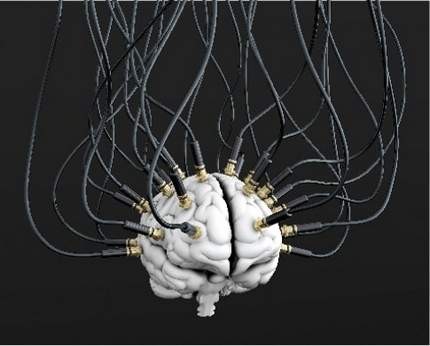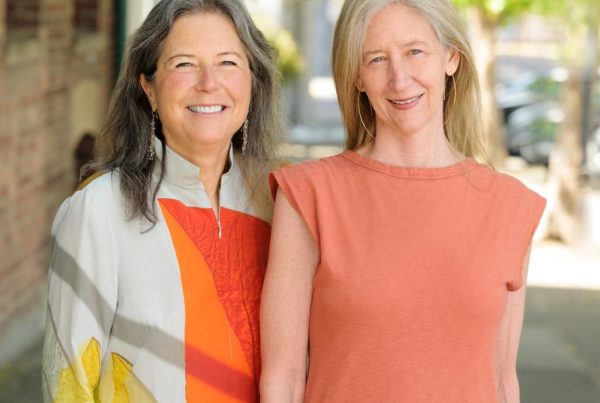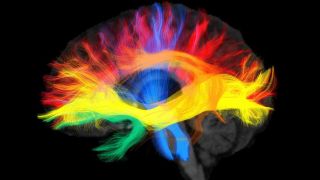It’s true that anyone can read the books we review in class, watch lectures covering any and every topic for free online and share ideas with peers on social media. So, if books and lectures are not what make a university education valuable, what does? I would say that the most profound educational experience universities have to offer students is the opportunity to participate firsthand in the generation of new knowledge.
By working shoulder-to-shoulder with mentors in the lab, conducting experiments that reveal the unknown structure and organization of our world, students not only learn new concepts and facts, but also begin to understand how they are established in the first place.
In my laboratory, we focus on how the brain interprets the sensory world we live in and how brain circuits control behavior. We identify and measure these links through neurophysiological experiments. To do this, we place wires that are finer than the width of a human hair in the brain to record the electrical activity of neurons.
For students, lab work is like a truly active, specialized course with a class size of one, and their understanding deepens accordingly. When students start off in the lab with only a cursory idea of what we do, their level of misunderstanding can be quite profound. They don’t yet understand the bridge between the ideas they read about in books and the methods we use to evaluate and even reject these ideas. They don’t yet appreciate the linkage between data and insight. They are often simultaneously awestruck and overwhelmed when they hear the characteristic popping sound of electrical brain activity for the first time. But, over time, they grapple with the complex data crunching that convert those raw data into statistically testable analyses of brain organization. And within months, some students can master the tools, techniques and skills necessary to conduct these challenging experiments on their own.
It is also true that these neophyte researchers play a critical role in the intellectual progress of their mentors. Interactions with gifted students can challenge and even overturn deeply held intuitions. More generally, their understanding of the world, so often quite different from mine, can lead to new perspectives on our research.
On one hand, they have recently taken courses that I took 20 years ago, and those disciplines use new tools and techniques, including advanced statistical methods and new technologies. On the other hand, their views and instincts about the natural world have been shaped by vast differences in our cultural understanding of humans’ place in the world and their own experiences in nature. Indeed, I’ve found these exchanges can provide the secret sauce that inspires deep academic insights.
Simple questions can lead to discussions that take us into unexpected gaps in our knowledge and understanding. A biomedical engineering student’s question about a concept taught in every first-year neuroscience course, the “receptive field” — features for which a sensory neuron is activated — led to an hourslong discussion that resulted in a complete reorganization of the experiment we were conducting together. I personally was shocked that I had overlooked such a glaring and, in retrospect, obvious insight. The feeling was similar to finally solving a dogged crossword clue, but on a much bigger scale.
Like solving a puzzle, however, sometimes our hard-fought insights, although personally satisfying, can seem as though they are little more than scientific trivia. In the lab, we’re often focused laser-like on a tiny facet of our world, spending hours of work and frustration to try to understand some feature that most people don’t even know exists. Alas, we know from many Nobel prizes that world-changing insights have come from seemingly esoteric studies of fruit flies, microscopic worms and sea slugs. And yet, is this laborious acquisition of knowledge, obtained through tiny steps in the lab, valuable in and of itself? Is participating in research the most profound educational experience at a university?
Certainly some of my students will go on to become doctors who treat patients, and they need to know how the science that leads to new therapies is conducted. But there is something larger at stake, which is the nature of truth.
Fundamentally, research is about discovering the true nature of our world. I think it’s critical for students to experience the challenge of discovery — of revealing hidden truths about the world. The importance of pursuing the truth — and the ability to assemble the evidence that is required to elucidate truth — is a principle that will serve them well in every aspect of their lives.
Source: Experiential research now more important than ever | NJBIZ













